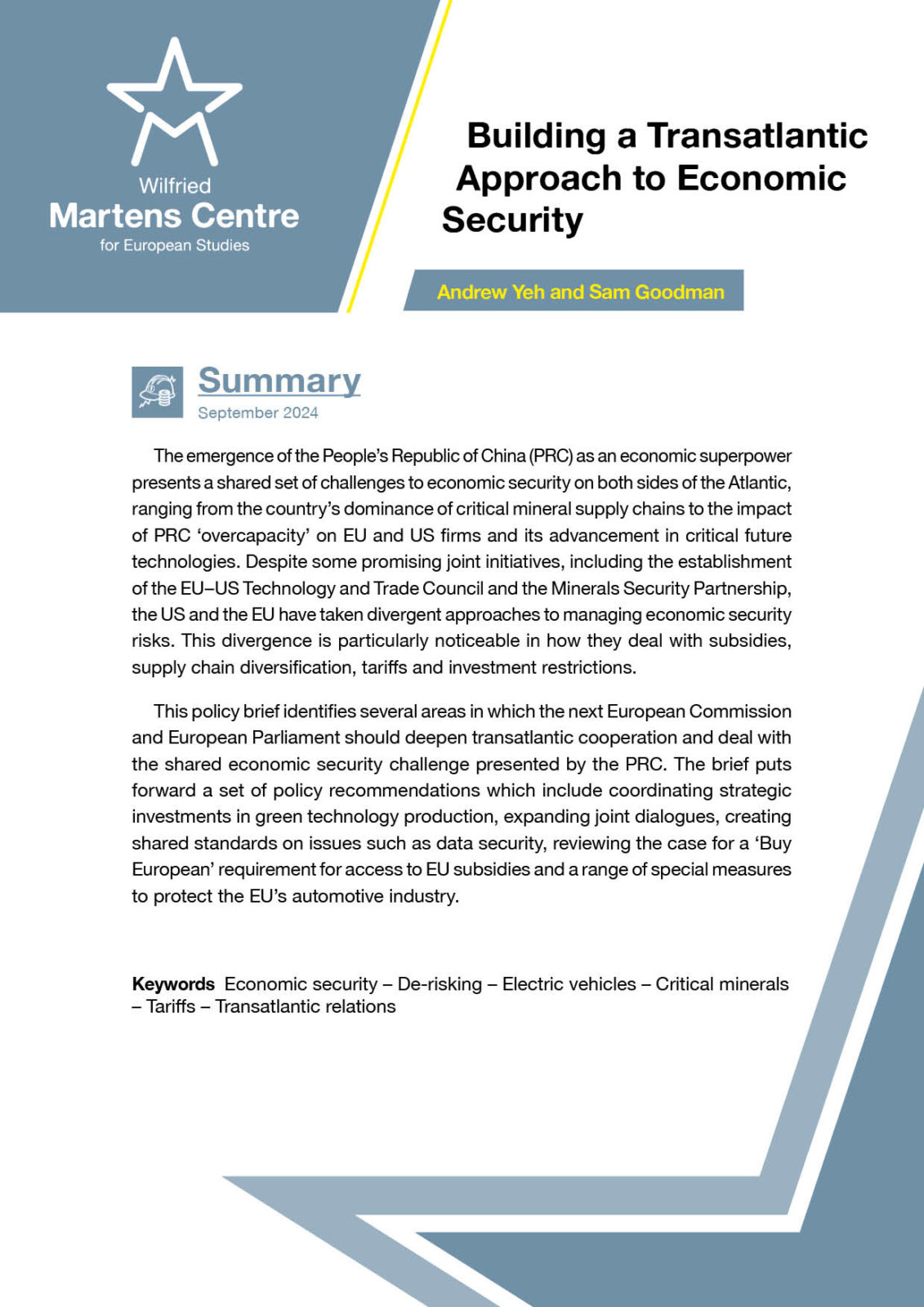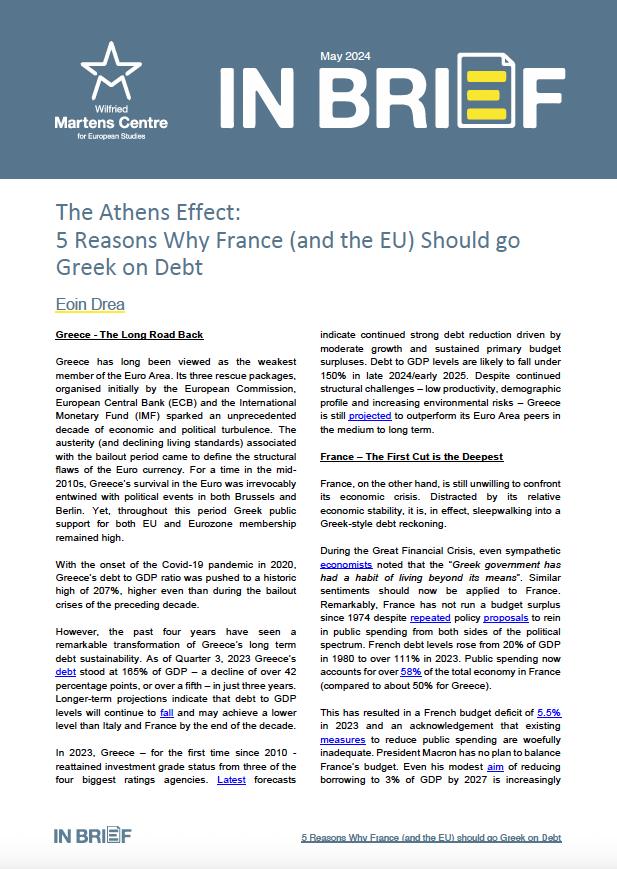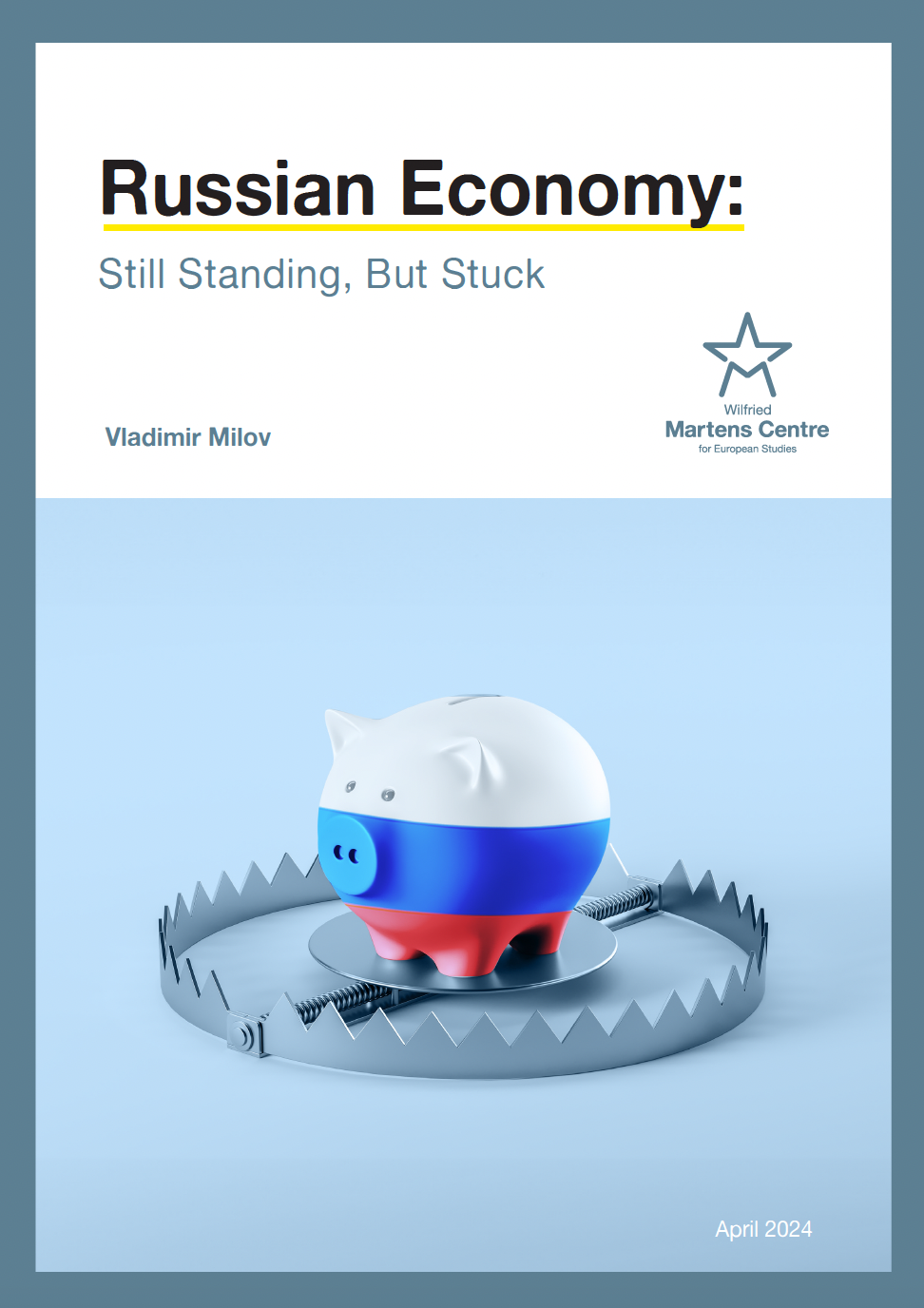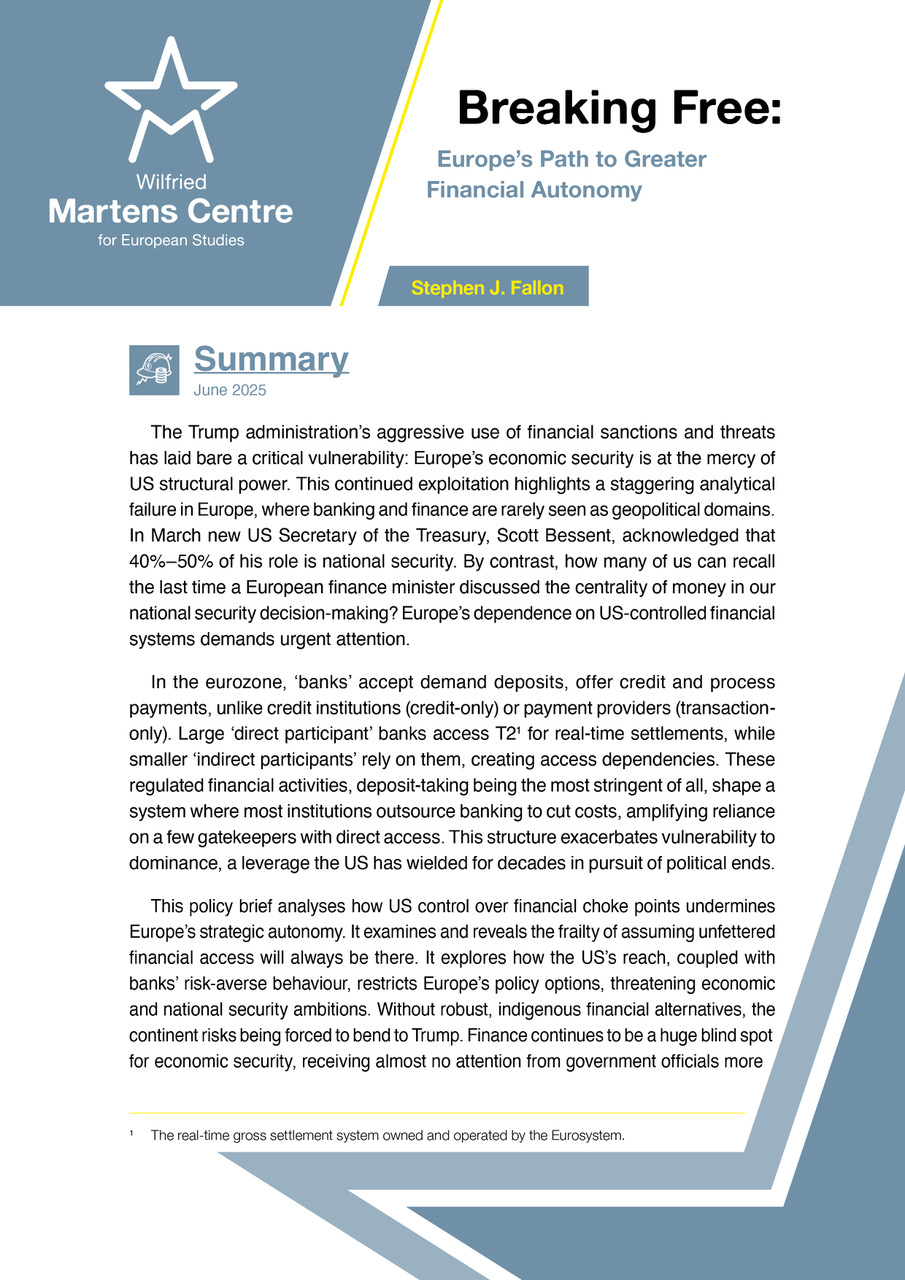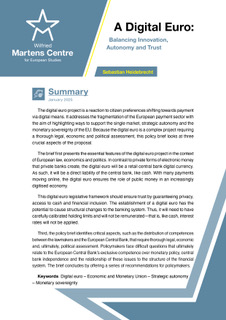Coming out of the Shadows: The European Stability Mechanism and Euro Area Governance
30 May 2024
The European Stability Mechanism (ESM) is well suited to having a larger role in the euro area governance framework. During the euro-area debt crisis, financial pressures were eased by ESM loans and many reforms were implemented that targeted former policy mistakes. However, the ESM’s public image is tainted due to a political debate that is (unduly) critical of the fact that financial support is conditional on the implementation of reforms. Currently, the ESM lacks the instruments to support countries with relatively sound economic policy fundamentals.
But, an ESM instrument appropriate to this type of support is to be created with an envisaged ESM reform. The reform would introduce a changed precautionary credit line (PCCL). This would provide general access to an ESM loan without the respective country necessarily drawing on it. Such a precaution would be intended to calm the financial markets should they begin to doubt the debt sustainability of a country. The new PCCL would not entail reform prescriptions by the ESM (ex post conditionality) but would require sound economic policy fundamentals as a precondition (ex ante conditionality).
Choosing to use the ESM is a better way to tackle the current challenges than relying on the European Central Bank with its overly lax Transmission Protection Instrument, as appears to be the current choice. While this instrument might calm financial markets for some time, its overly generous application would reduce incentives for sound economic policy. On top of this, lax reform of the Stability and Growth Pact could also carry the danger that public debts rise further. In the end, this could result in the economic situation deteriorating in a dangerous way. With economic policies diverging widely from the course the euro area governance framework provides for, letting the European Central Bank intervene in the financial markets would be increasingly difficult to justify legally. In this case, the danger of a sovereign default and of an escalating financial crisis in highly indebted countries could loom.
ENJOYING THIS CONTENT?






